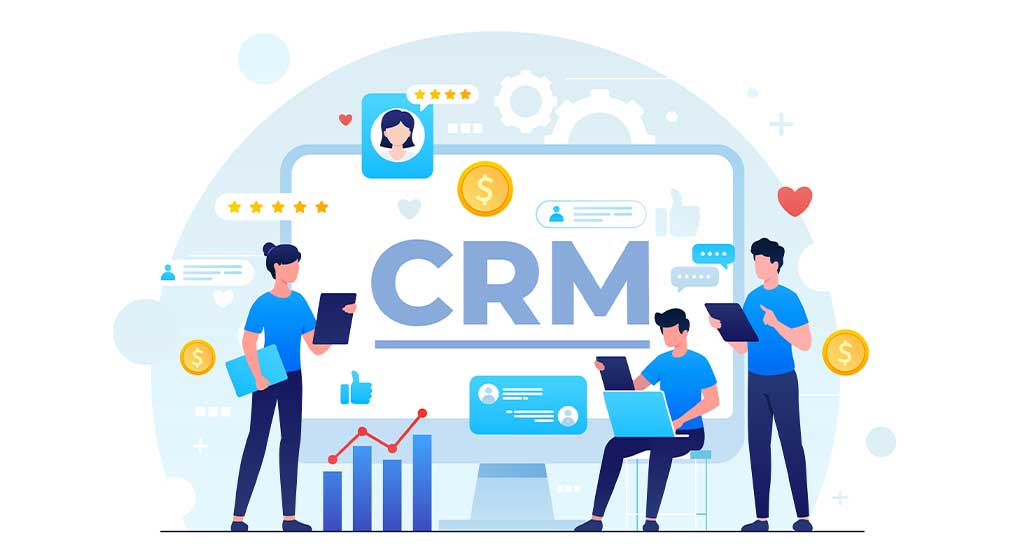Enhancing Your Business Strategy Through CRM: What You Need to Know
In today’s business world, Customer Relationship Management (CRM) is a cornerstone for growth and success. CRM is not just a technological solution or software; it’s a business philosophy focused on cultivating and enhancing relationships with customers, aiming to increase loyalty, satisfaction, and ultimately, revenue.
What is CRM?
CRM, or Customer Relationship Management, refers to strategies, technologies, and processes used by businesses to manage and analyze customer interactions and data throughout the customer lifecycle, with the goal of improving business relationships. CRM systems collect data from various communication channels with customers, including a company’s website, telephone, email, live chat, marketing materials, and social networks.
Benefits of Using CRM in Business
- Improved Communication with Customers: CRM helps in recording and organizing every interaction with customers, ensuring no customer feels neglected and that communications are personalized and targeted.
- Increased Sales and Revenue: Through managing effective marketing and sales campaigns based on customer data and preferences provided by CRM, businesses can increase their sales and revenue.
- Improved Customer Service: Equipped with detailed information about customers, businesses can offer faster, more efficient, and personalized support.
- Enhanced Efficiency and Productivity: By automating repetitive processes and tasks, CRM allows sales, marketing, and support teams to focus on more strategic activities.
- Data Analysis and Decision Making: CRM offers advanced analytics capabilities that help businesses understand market trends, customer behaviors, and sales performance, enabling them to make informed decisions.

How a Business Benefits by Integrating CRM into Its Strategy
By integrating CRM into its business strategy, a company can achieve:
- Deeper Understanding of Customers: By better understanding customer needs, preferences, and behaviors, a business can approach them more effectively.
- Increased Customer Loyalty: By providing excellent service and customer experience, CRM helps in cultivating long-term relationships.
- Automation of Strategic Processes: Saving time and resources, CRM allows the business to increase its efficiency.
- Boosted Competitiveness: The ability to quickly respond to market changes and offer personalized experiences to customers makes the business more competitive.
In summary, CRM is not just technology but a strategy that can transform your business by strengthening the relationship with your customers and leading to long-term growth and success. Investing in a CRM system is an investment in the future of your business.




